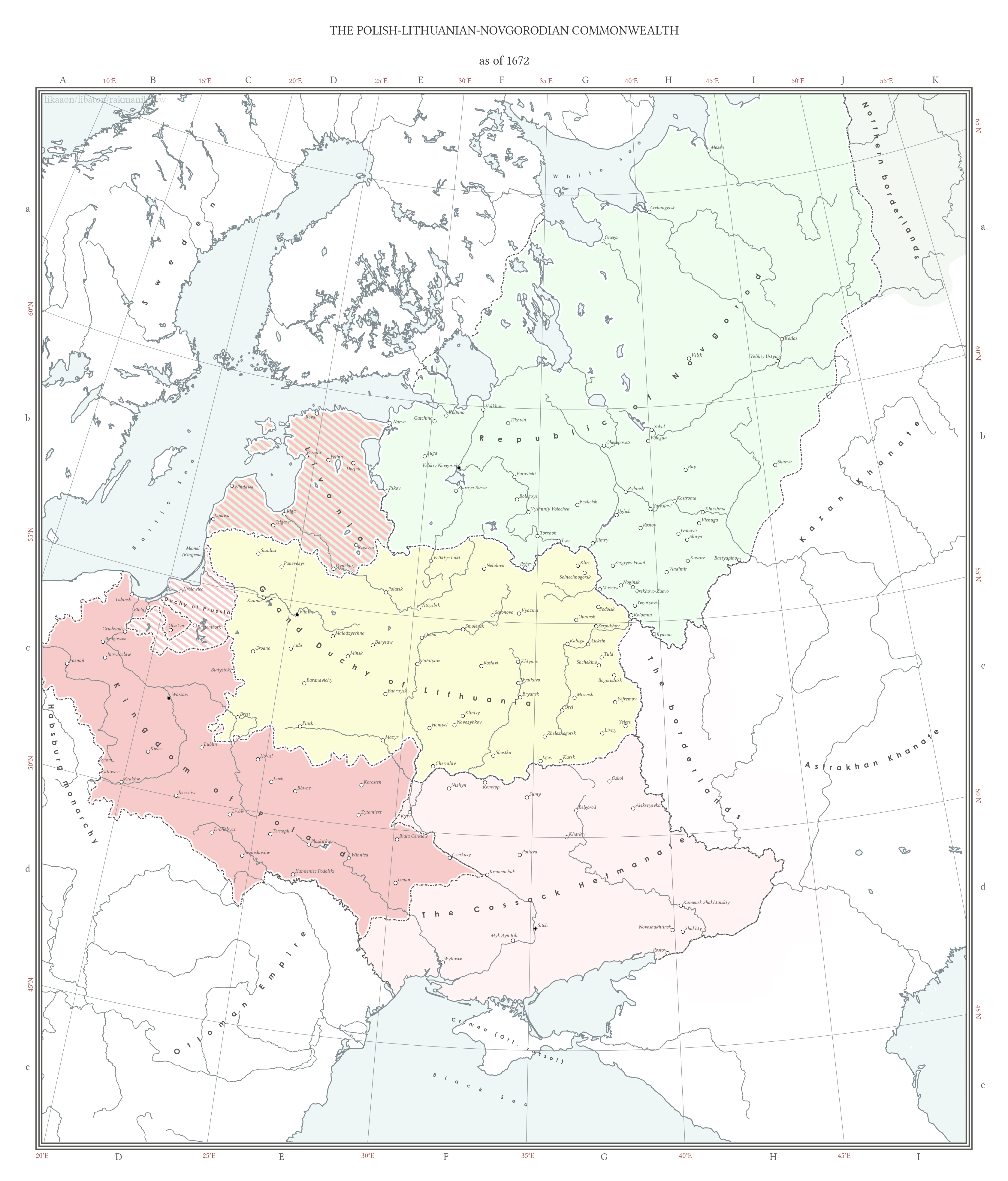Manifest Destiny
The Challenge
Make a map showing a country with the belief that it is destined to expand and grow, and uses it to justify imperialist expansion.
The Restrictions
There are no restrictions on when your PoD or map may be set. Fantasy, sci-fi, and future maps are allowed, but blatantly implausible (ASB) maps are not.
If you're not sure whether your idea meets the criteria of this challenge, please feel free to PM me or comment in the main thread.
---
The entry period for this round shall end when the voting thread is posted on Monday the 15th of May.
---
THIS THREAD IS FOR ENTRIES ONLY.
Any discussion must take place in the main thread. If you post anything other than a map entry (or a description accompanying a map entry) in this thread then you will be asked to delete the post. If you refuse to delete the post, post something that is clearly disruptive or malicious, or post spam then you may be disqualified from entering in this round of MotF and you may be reported to the board's moderators.
The Challenge
Make a map showing a country with the belief that it is destined to expand and grow, and uses it to justify imperialist expansion.
The Restrictions
There are no restrictions on when your PoD or map may be set. Fantasy, sci-fi, and future maps are allowed, but blatantly implausible (ASB) maps are not.
If you're not sure whether your idea meets the criteria of this challenge, please feel free to PM me or comment in the main thread.
---
The entry period for this round shall end when the voting thread is posted on Monday the 15th of May.
---
THIS THREAD IS FOR ENTRIES ONLY.
Any discussion must take place in the main thread. If you post anything other than a map entry (or a description accompanying a map entry) in this thread then you will be asked to delete the post. If you refuse to delete the post, post something that is clearly disruptive or malicious, or post spam then you may be disqualified from entering in this round of MotF and you may be reported to the board's moderators.
Last edited:

